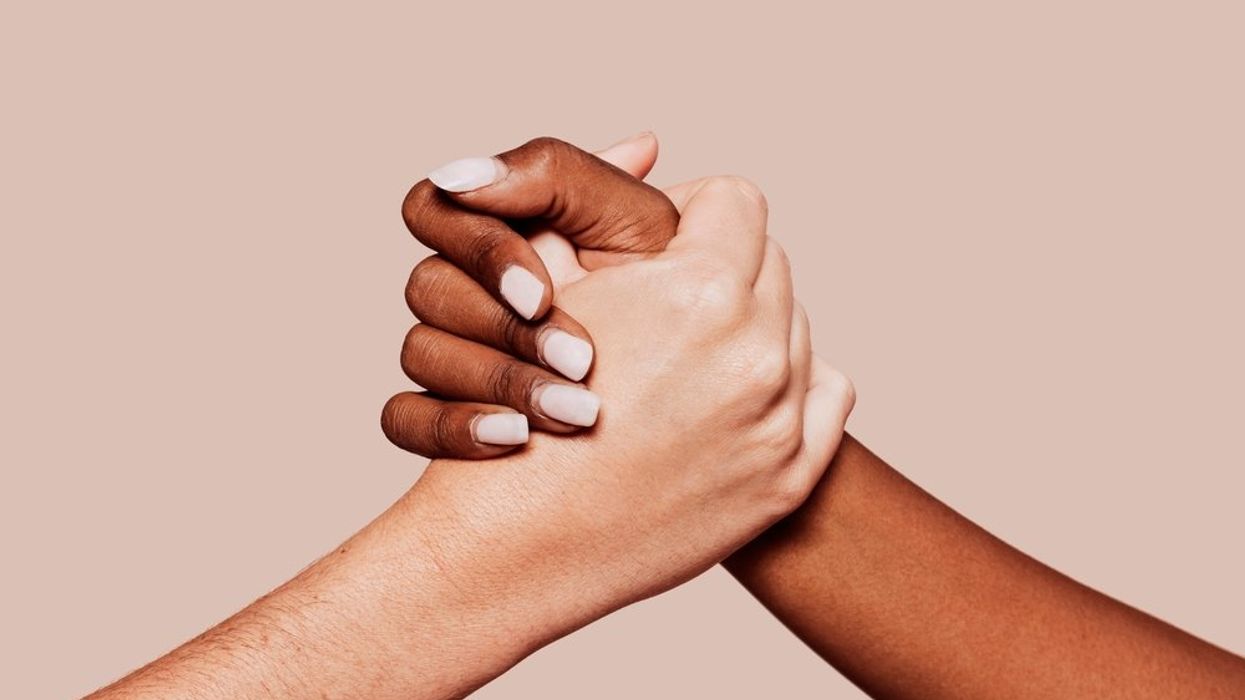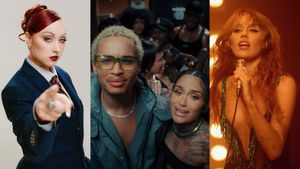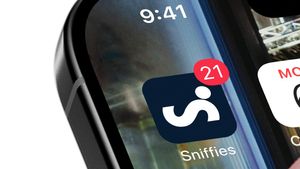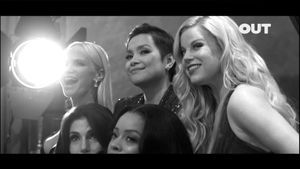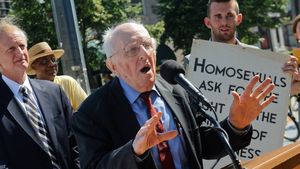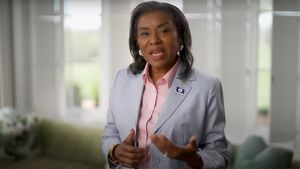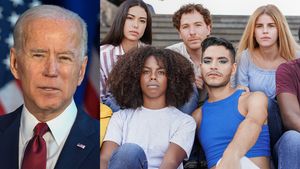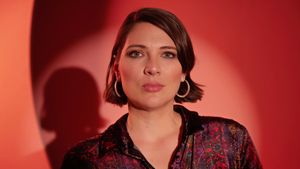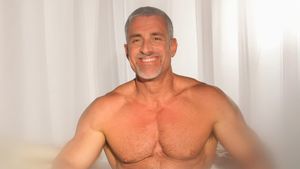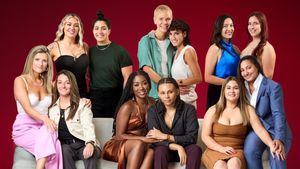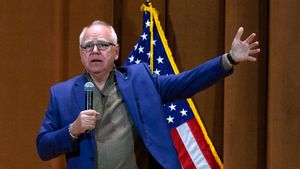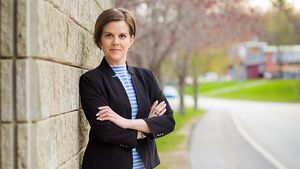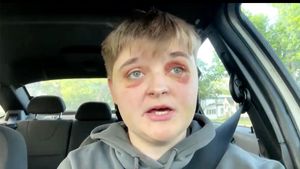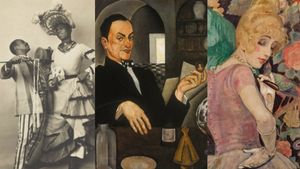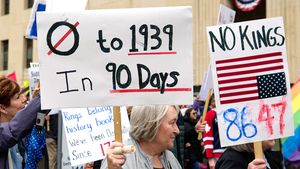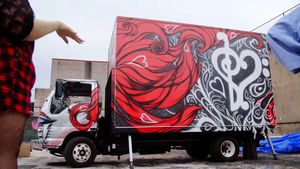A new report is shining a light on unconscious racial bias, even among those who explicitly reject racism and believe in equality.
A psychological study published Monday in the Proceedings of the National Academy of Sciences examined 61,000 people, testing them on how quickly they categorized certain images into "human" and "nonhuman" categories. It found that “contemporary humans who belong to a socially dominant group are not freed from the belief that their group is more human than others."
The majority of subjects were American, with those who are White far more likely to associate "human" with a white person. Other races did not share the sentiment, as Black participants identified Black and White faces as "human" at equal rates. However, when contrasted with a picture of Asian Americans, Black people were more likely to be biased towards White people.
Despite this, an overwhelming 96 percent of participants explicitly rejected a statement about some races being "more equal" than others — a reference to George Orwell's Animal Farm. However, those who had undergone racial bias training experienced a significant drop in their biases, as the report notes “people who were concerned about discrimination show the greatest reductions.”
Lead author of the report, Kirsten Morehouse, a psychology PhD candidate at Harvard University, told The Hill that the data “demonstrates in a really stark way the continued dissociation between beliefs that people explicitly hold — and the sorts of mental associations that reside in our mind."
“There are just subtle ways where we seem to be stripping the humanity of people — because it’s hard for me to understand how you could see someone as fully human and be able to use really harsh acts of violence,” she added.
Morehouse added that "awareness of these more automatic associations is the first step,” as "once you’re aware, you can break the habit.”
If you'd like to test your own bias, click here to try the study's questions.
